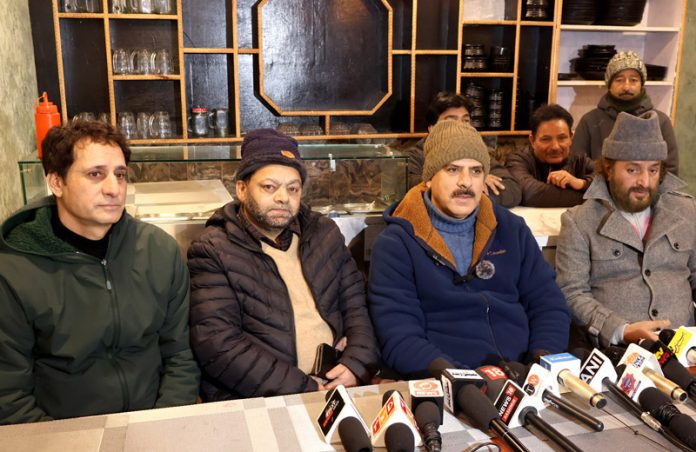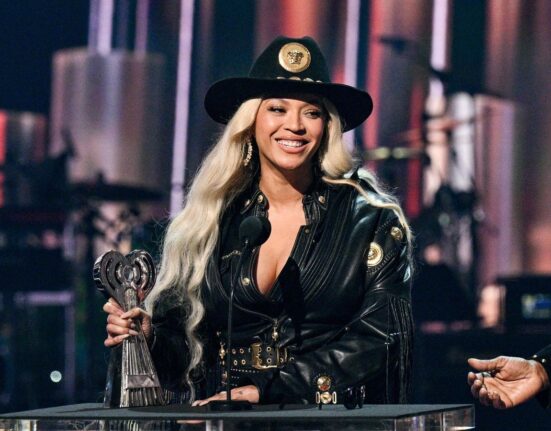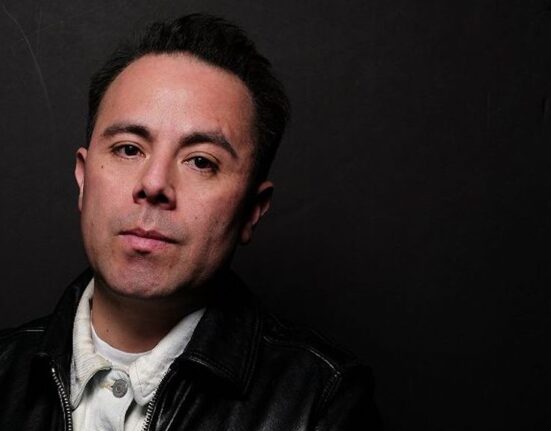Excelsior Correspondent
Srinagar, Dec 30: Veteran artists from Kashmir today expressed their discontent, asserting that they have been overlooked by the administration.
The known faces in the field of music across the Valley, also alleged that despite much fan-fare, little is being done to promote the authentic culture and music of Kashmir.
Addressing a press conference here, several renowned artists presented a list of demands, aimed at reviving and empowering Kashmiri musicians and performing artists.
They emphasized the need to go beyond traditional forms like ‘Chakri’ and ‘Rouff’ and advocated for the revival and promotion of culture in its true and original form.
The artists called for the formulation of strategies to preserve and promote authentic Kashmiri culture through various performing arts. Click here to watch video
Renowned singer Waheed Jeelani remarked, “Those who do not understand Kashmiri culture are becoming the faces, and it has turned into a broker’s system.”
The artists also highlighted the challenges faced by senior musicians and artists, emphasizing the importance of maintaining dignity, honor, and ensuring sustainable livelihoods.
They urged transparent and fair allocation of government funds to support deserving Kashmiri artists and called for the development of policies and programs addressing the unique challenges faced by experienced senior artists.
The artists further stressed the need for involving local senior artists in decision-making processes and cultural initiatives, while expressing concerns about the presence of non-professionals within the Departments of Tourism and Culture, advocating for the direct hiring of qualified professionals.
Qaiser Nizami, another renowned artist, lamented, “We have protected the culture in Kashmir, and it is still in place because of us. Yet, today, in the name of culture, we see people arriving from different places who know nothing about Kashmiri culture.”
The artists called for a streamlined process to ensure deserving artists receive timely recognition and compensation, balancing cultural exchange and local talent. They also highlighted the necessity for increased funding for cultural institutions to effectively support and promote performing arts.








